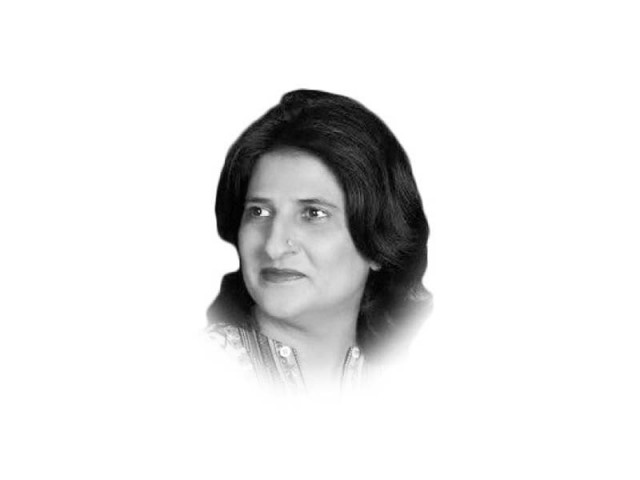Cheema Pakistan’s bid for BRICS and debate on Global South unity
Question is why India is either not grasping purpose of formation of BRICS or deliberately turning deaf ear

Last month, Pakistan formally requested to join BRICS — a group of five countries viz, Brazil, Russia, India, China and South Africa.
This development has sparked debate in Indian media which suggests that since Pakistan’s economy is in a shambles, the country is looking towards BRICS as a cash cow for a steady flow of loans and funds even though it has nothing to offer to the group that includes emerging economies to support each other.
This debate prompts two questions: Is BRICS merely an economic forum? And why would India create a hurdle to Pakistan’s entry into BRICS?
As to the first question, yes, BRICS looks like an economic alliance desiring trade subsidies and a common currency. But its main objective was reiterated by all member states, except India, during the last summit in South Africa, and that was breaking the hegemony of the Global North and raising the voices from the Global South as well as devising an alternative world order. However, India being a swing state between the North and South refrains from articulating the true objectives and mainly focuses on the economy.
The point that the Indian media is missing here is that Pakistan is a key strategic regional partner of China, and no major strategy shift can happen without taking Pakistan on board.
BRICS countries are indeed comprised of 41% of the world population, 24% of the global GDP and 16% of global trade — something that makes this pact representative of almost half the world population. Nonetheless, economy and politics go hand in hand. It is common sense that the Global South needs to be heard or even more needs to be in a position where it can influence the Global North’s monopoly. That is why BRICS wants to expand. The last summit included more countries in the BRICS. Egypt, Ethiopia, Argentina, Saudi Arabia, the UAE and Iran are going to join the BRICS 2024 Summit in Russia.
Coming back to the point of the purpose and framework of BRICS which is being extensively explained by Indian analysts. To them, expansion is not a good idea and BRICS must pause after including last year’s members; also, inclusion must be based on set criteria which should say no to any country that has nothing to offer.
The question is why India is either not grasping the purpose of the formation of BRICS or deliberately turning a deaf ear. India wants to continue playing on both sides and justifying its presence in all the anti-China and pro-China alliances. China and Russia want Pakistan to stand with them and support the alliance of the Global South and both understand that India is still not decisive about the existence of an ideological Global South just like Argentina. Argentina’s President-Elect Javier Milei, backed by the US, said: “I am not going to do business with any communist.” A senior official in Milei’s team wrote on X: “We will not join the BRICS.”
Like Argentina, India should show also clarity between the two poles because it looks strange that being an arch enemy of China, India can be part of an alliance whose sole purpose is to break the Western hegemony and safeguard Global South’s interests. Turning a blind eye could be a choice but wiser would be operating like Argentina. India of course can stop Pakistan’s entry into BRICS, but China, Russia, Saudi Arabia, Iran, the UAE and Egypt have shown that Pakistan is their tried and tested ally. The Global South has been facing wars almost every decade for the last 75 years and all such wars were directly or indirectly triggered by the Global North. The recent Gaza crisis has proven that a new world order must be put in place to stop the madness triggered by the Global North and such a rule-based new order needs decisive partners rather than non-decisive swing states that can act as loose cannons to further destroy global peace.
India, a strategic partner of the Global North against China, is surely a loose cannon in this scenario. Countries like China, Russia, Saudi Arabia and the UAE are direct victims of Middle Eastern wars economically or strategically. They wish a peaceful world and are fighting for the survival of the Global South without indulging in conflicts. The recent normalisation of Saudi-Iran ties, brokered by China, is a case in point.
Published in The Express Tribune, December 25th, 2023.
Like Opinion & Editorial on Facebook, follow @ETOpEd on Twitter to receive all updates on all our daily pieces.














COMMENTS
Comments are moderated and generally will be posted if they are on-topic and not abusive.
For more information, please see our Comments FAQ